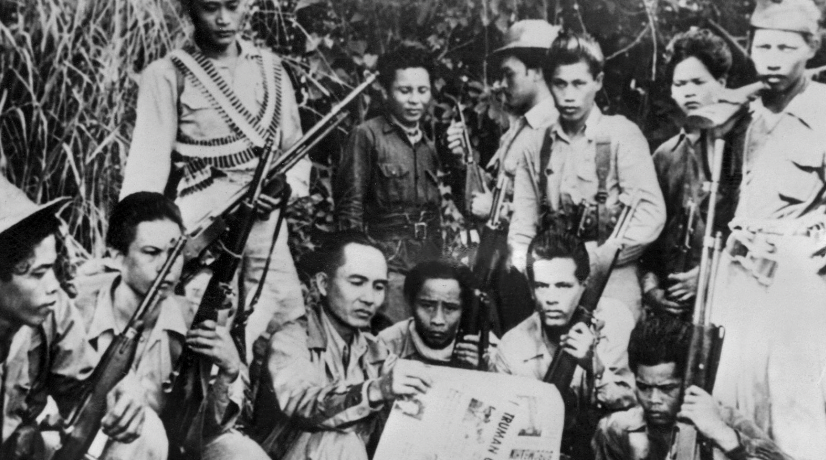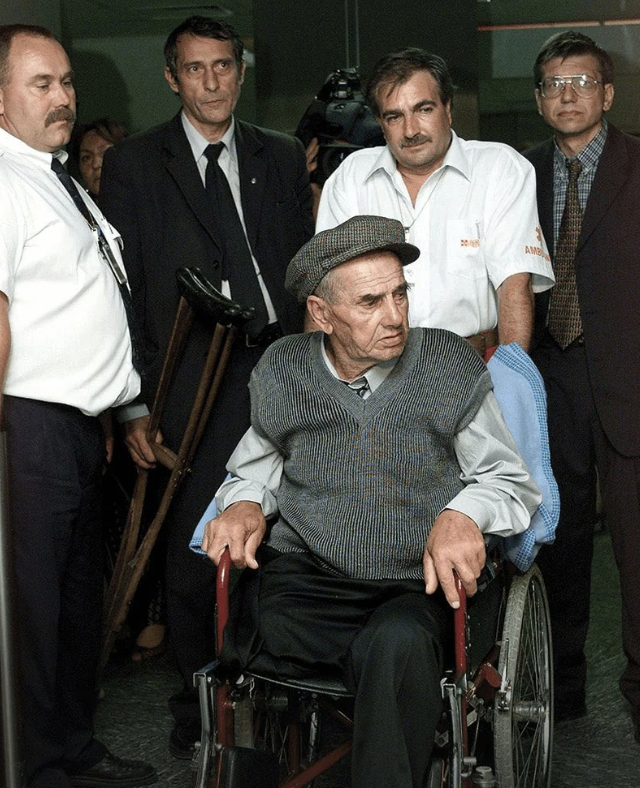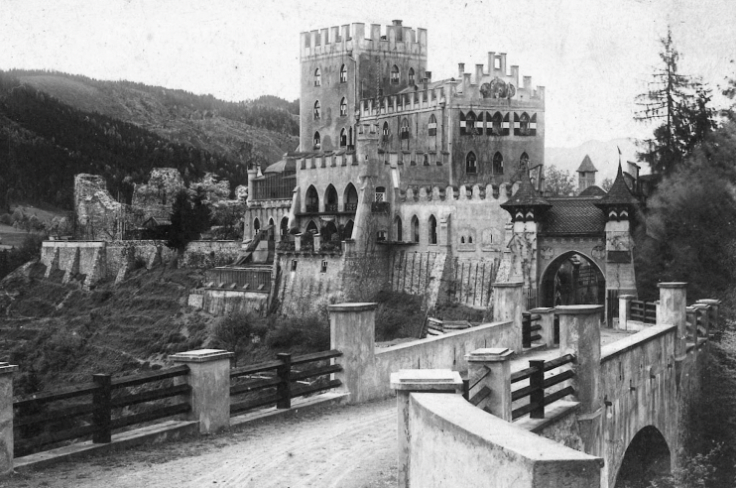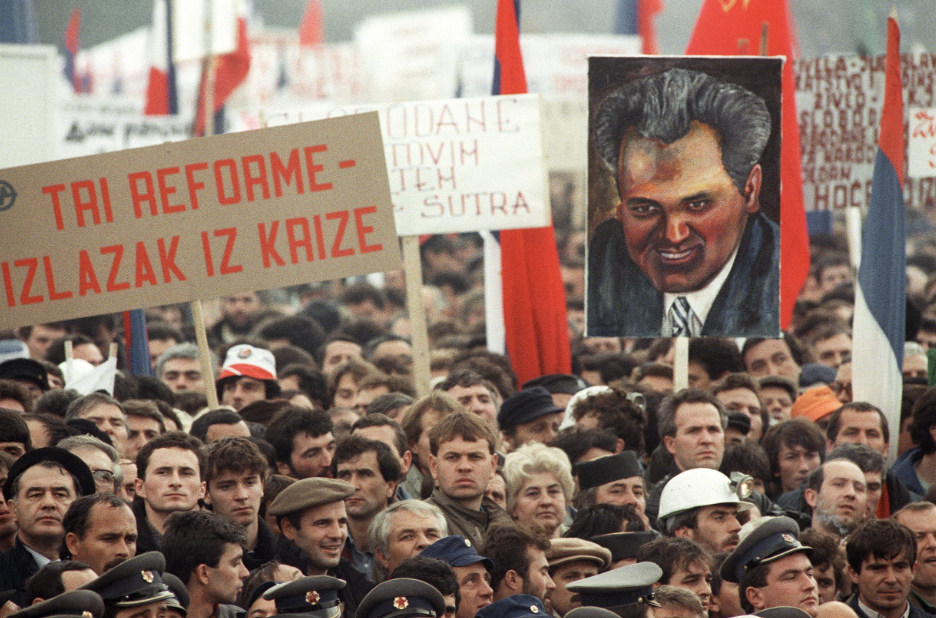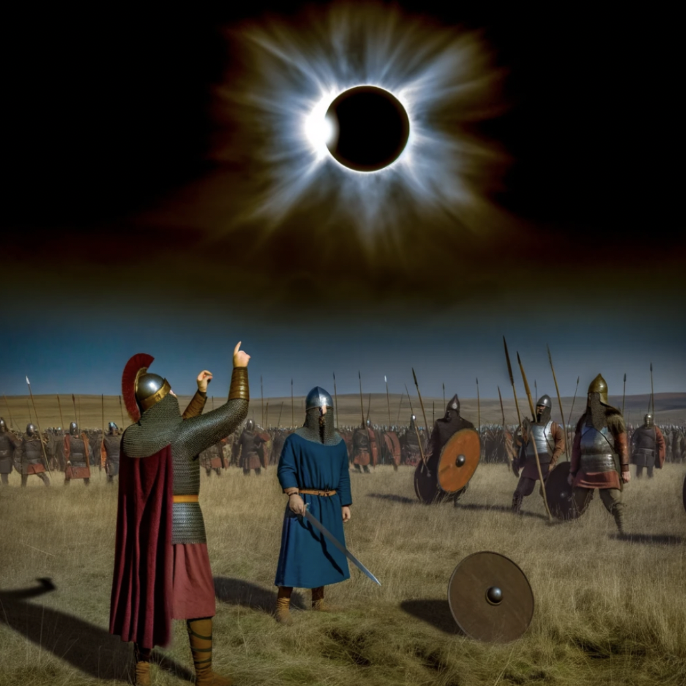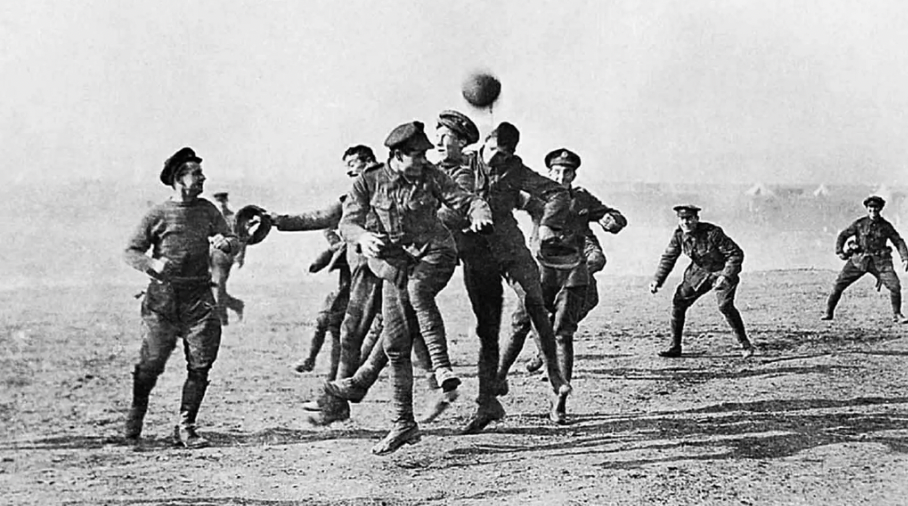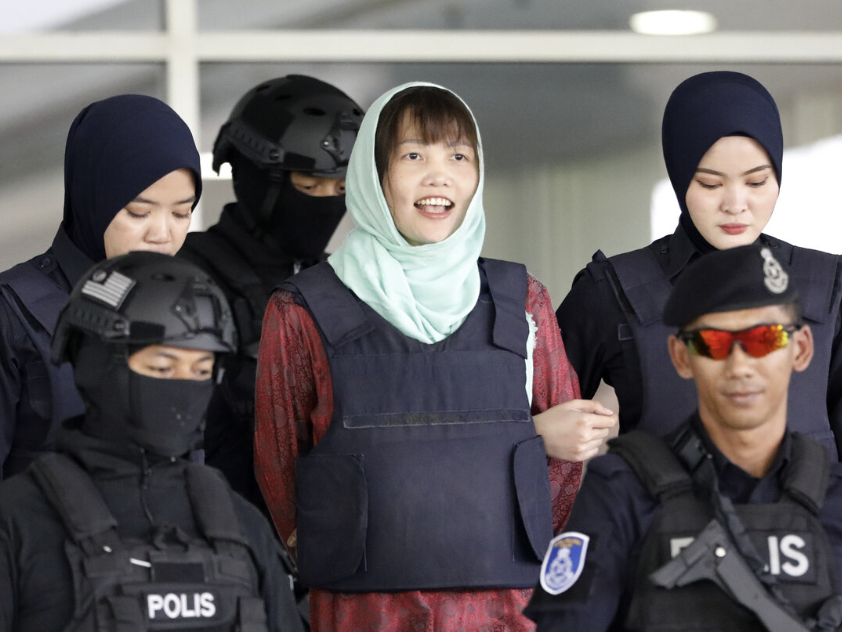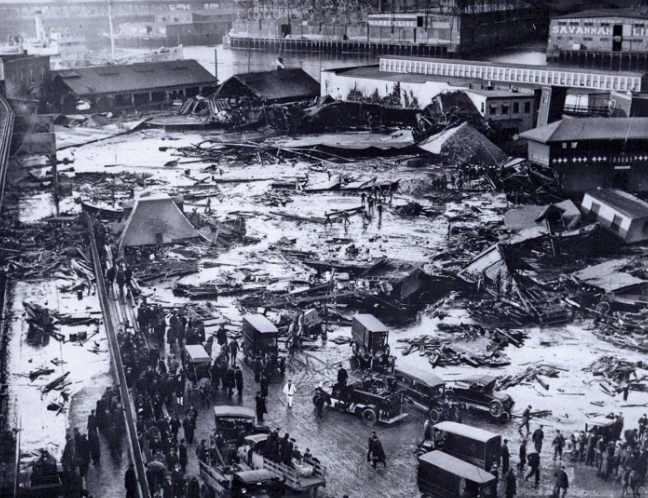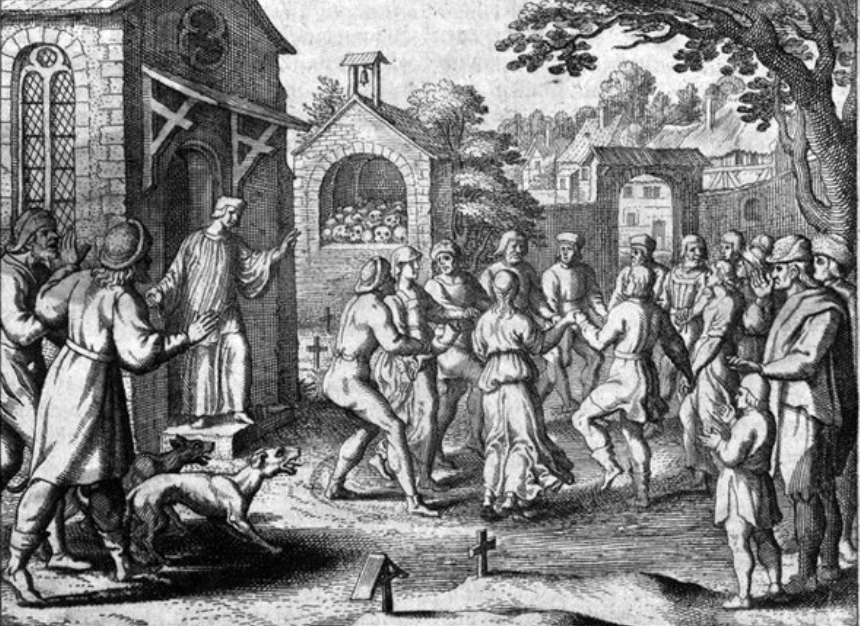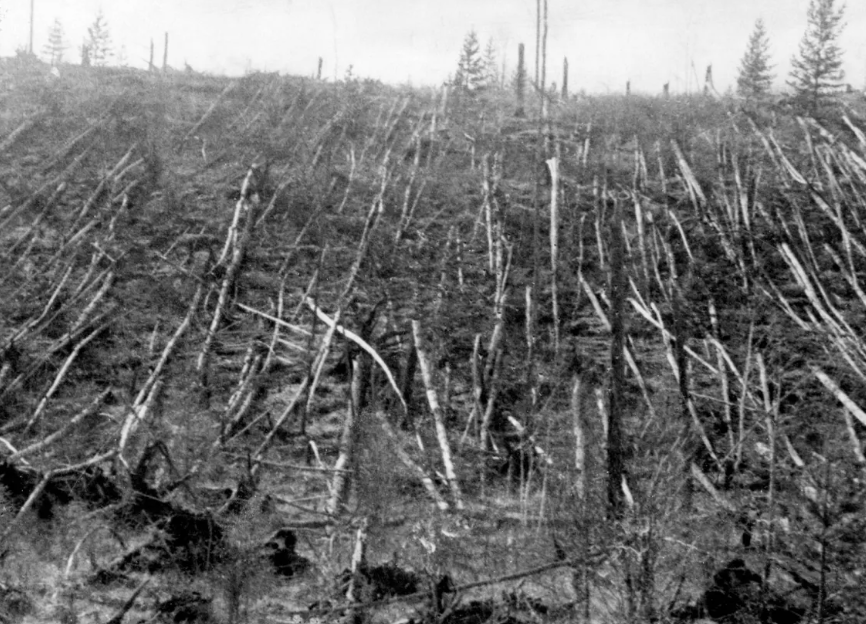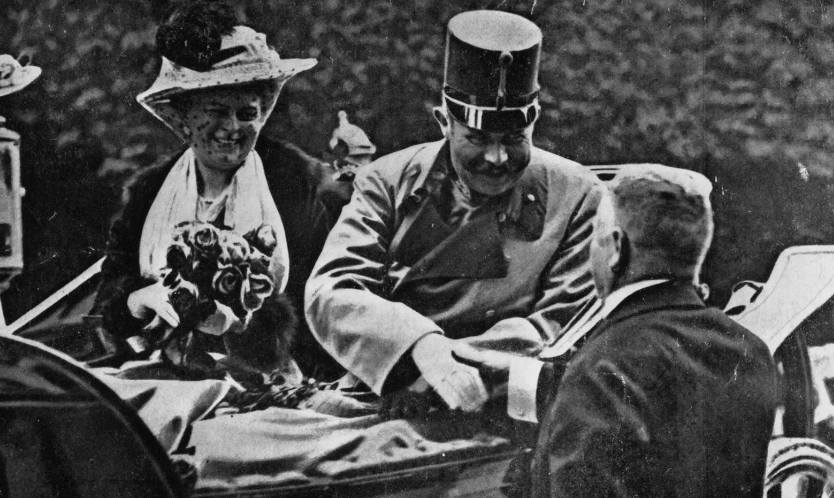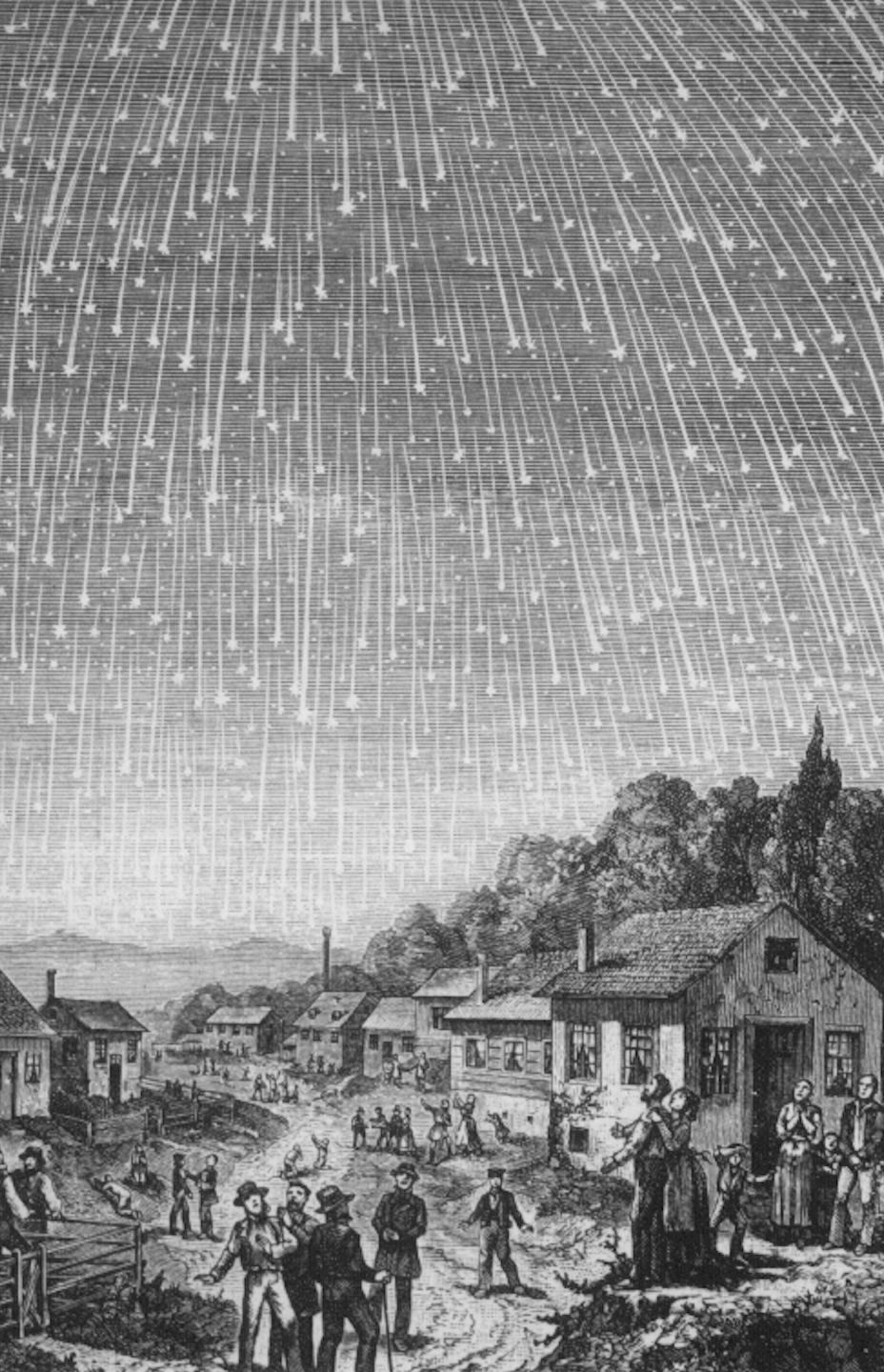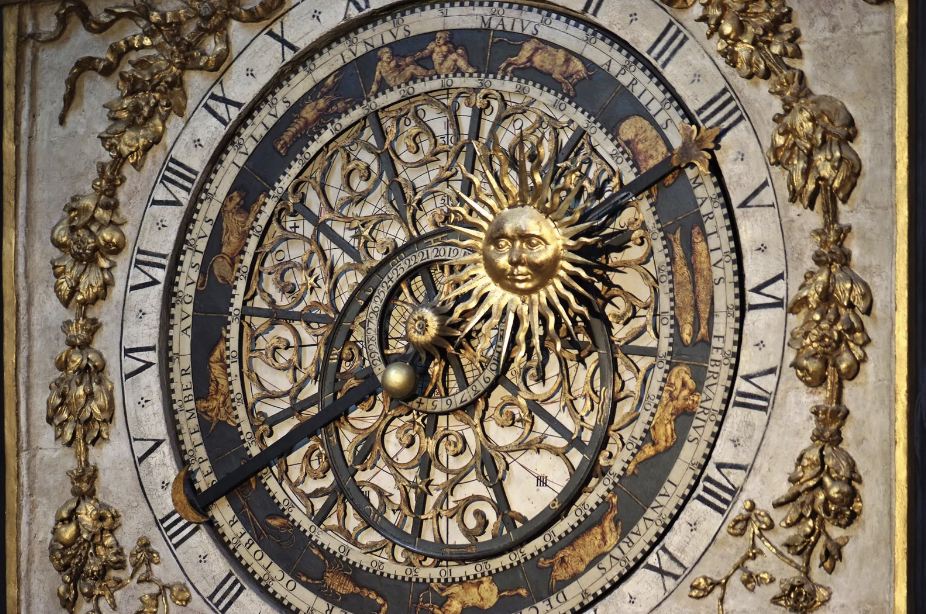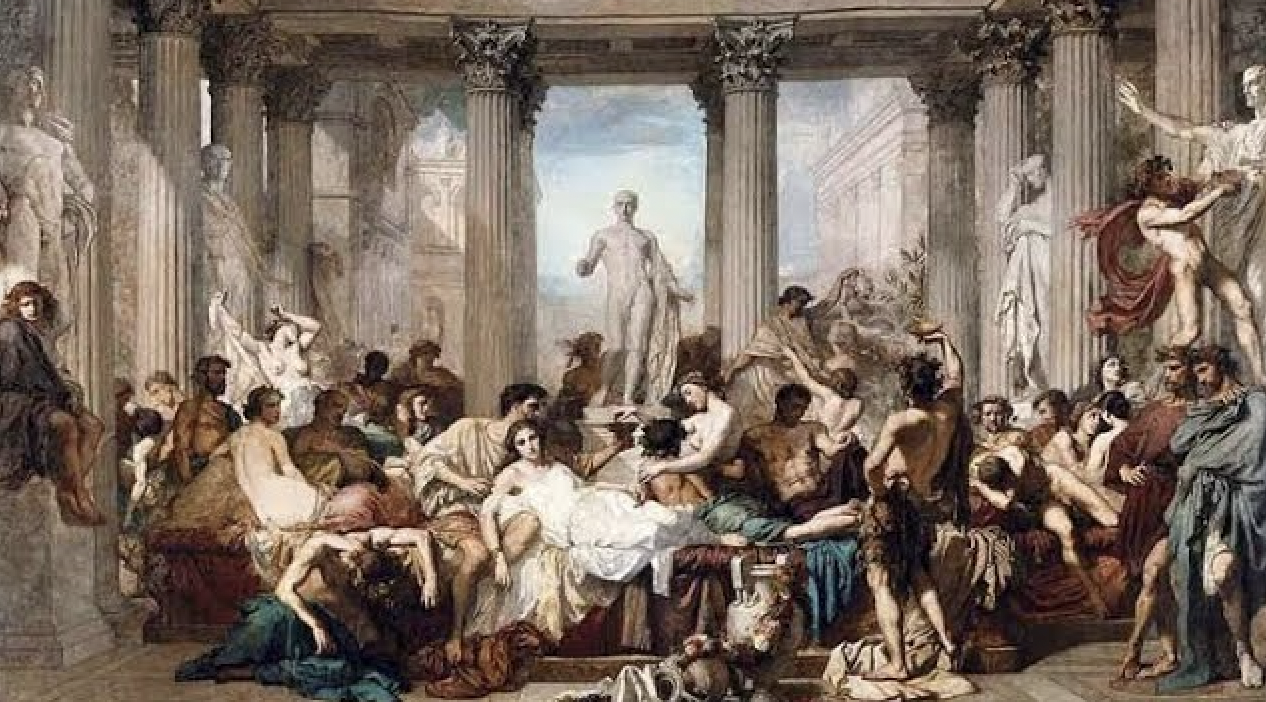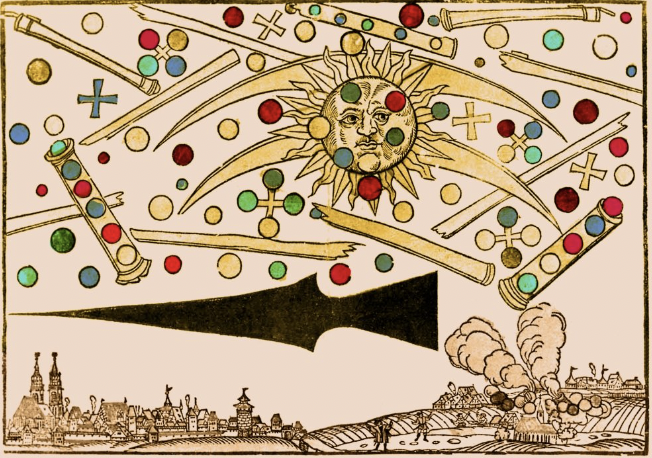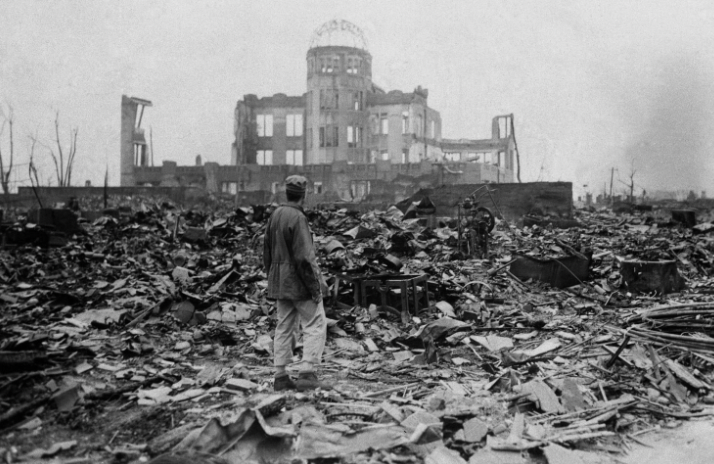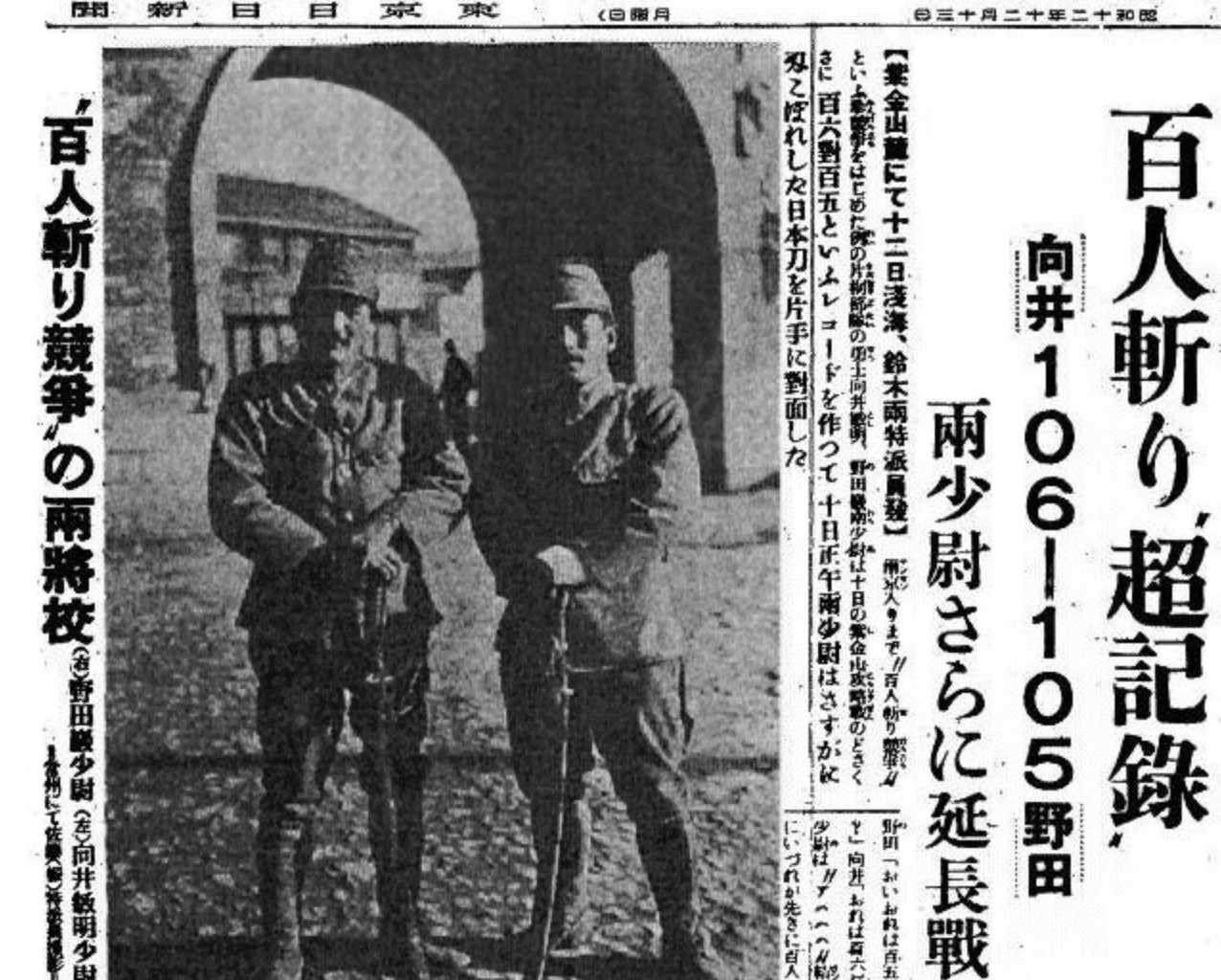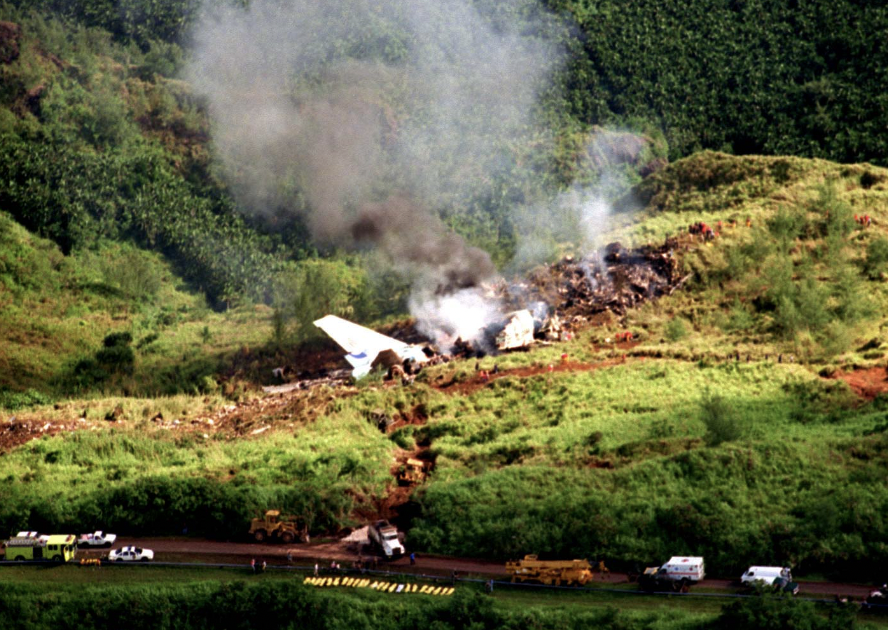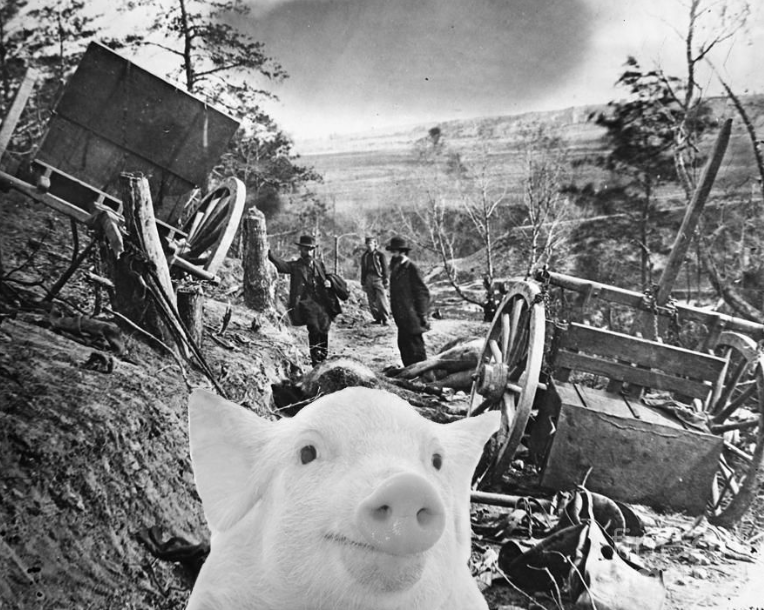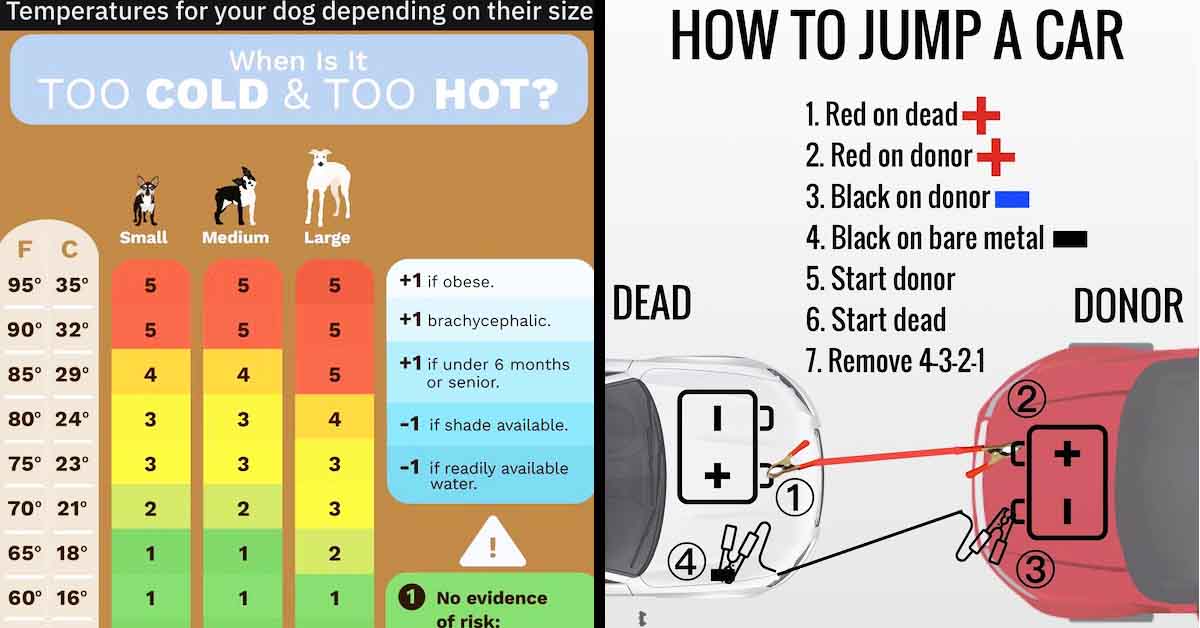20 Hysterical Historical Happenings That Feel Made Up
They say that the only difference between fact and fiction, is that fiction has to be believable.
Published 1 year ago in Wow
They say that the only difference between fact and fiction is that fiction has to be believable.
These 20 moments from history might be hard to comprehend, but they are all completely true.
From astronomical explosions to the killing power of molasses, here are 20 real events from history that feel totally surreal.
3
There was a battle in WW2 where the Germans fought alongside allied forces against the SS, and freed a famous tennis player. The Battle of Castle Itter.
The Nazis had surrendered at that point, but there were some SS forces that were still fighting, so the Nazis, Americans and Australians teamed up against the SS.4
A Serbian man sticking a bottle up his behind was a major contributing factor to the collapse of Yugoslavia, and the subsequent years of war and genocide. Specifically, his blaming it on an attack by a gang of Albanians, which was a tipping point in allowing pent up nationalist feelings in Yugoslavia to boil over and subsequently explode.
11
The Tunguska Event of 1908. This incident involved a massive explosion in Siberia, believed to be caused by the airburst of a comet or meteoroid. It flattened an estimated 80 million trees over 2,150 square kilometers, yet incredibly, it caused no confirmed human fatalities. The event’s cause remained mysterious for decades, fueling various scientific and fantastical theories, making it a prime candidate for one of the most surreal events in human history due to its scale, mystery, and the dramatic visuals it must have produced.
13
The Night the Stars Fell, 1833. A meteor shower fell over the southern United States, and it was so intense that people thought the world was ending. Slave owners reportedly repented at the feet of their slaves, begging forgiveness for enslaving them. And then the next day, I suppose, went right back to normal.
But the event was so memorable that it was used as a touchstone moment that slaves could use to estimate their age for decades. Up until 1920, people could say “I must have been eight years old the night the stars fell,” and thus historians could approximate their birth year.15
The Banquet of Chestnuts was a supper held at the Papal Palace in Rome, hosted by former Cardinal Cesare Borgia, son of Pope Alexander VI, on 31 October 1501. In it, thousands of chestnuts were scattered around the floor, and 50 “courtesans” were made to disrobe, and pick up as many as they could on their hands and knees. The winners were awarded prizes like clothes and shoes.
18
Two Japanese soldiers in WWII had a contest where they both competed to see who could be the first to kill 100 people with a sword, during the Japanese invasion of China and the Nanking Massacre. Losing track of who got to 100 first, they then opted to try for 150. They were both eventually executed for war crimes.
20
The Pig War of 1859.
In 1859, a farmer shot a pig. His casus belli was that the pig was eating his potatoes, and he was simply defending his own property in accordance with US law. The owner of the pig claimed that the territory was actually Canadian, and that British law applied rather than American.
After significant escalation, a couple of months later, 461 Americans with 14 cannons were opposed by five British warships mounting 70 guns and carrying 2,140 men. Eventually the British backed down.

